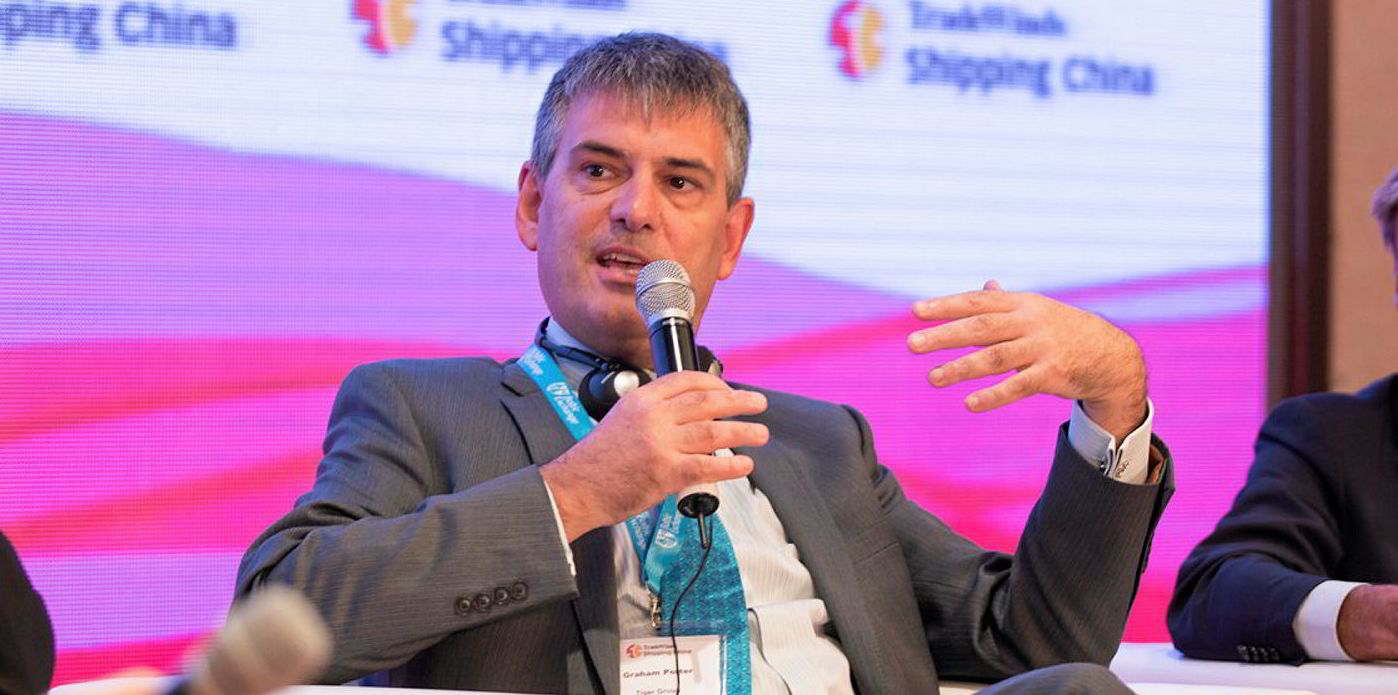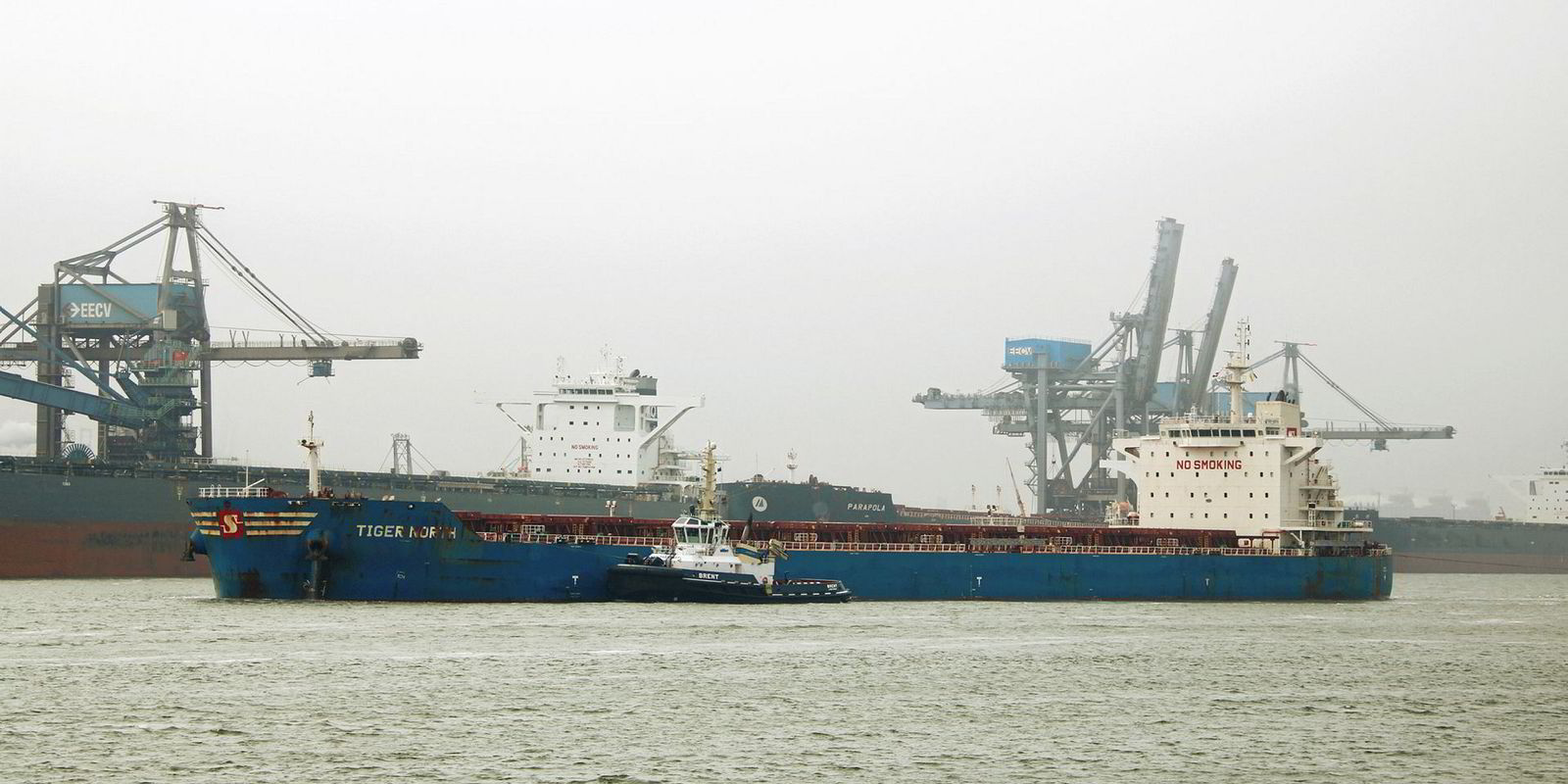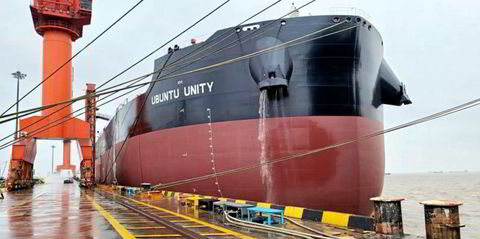Greathorse International has no plans to exit the dry bulk sector after reports of a four-capesize leaseback sale.
Brokers reported earlier this week that the company had committed the block of four to an undisclosed Chinese leasing company at $84m enbloc.
The four ships are the 180,000-dwt Tiger Jiangsu (built 2010) and the Tiger Guangdong, Tiger Shandong and Tiger Liaoning (all built 2011). All were built at China's Qingdao Beihai Shipbuilding Heavy Industry.
Graham Porter of Greathorse shareholder Tiger Group Investment confirmed that a sale and leaseback of the four capesizes is under discussion but said has not been completed.
"It is not a transaction," he told TradeWinds.
Tiger Group, a Hong Kong shipping investment company controlled by Canadian investors Porter and Gerry Wang, is the leading investor behind Shanghai-based Greathorse, which is led by chairman CC Xue.
Porter characterised the potential buyers as "usual suspects", meaning the Chinese financial leasing houses.
"Who else is buying these days?" he asked.
We are a seller of assets and equity, not a buyer. And we are very negative on scrubbers
Graham Porter
Greathorse owns and operates a fleet of chemical tankers plus a fleet of bulkers as a tonnage provider and is affiliated to Tiger's LNG container shipping project.
The company has sold down in dry bulk, most recently in the ultramax segment, and now controls a dry bulk fleet of 14 ships including four capes, three mini-capes, four panamaxes, and three ultramaxes.
"We see it as a very flat market," said Porter. "We want to keep about 10 to 15 vessels in that sector. Today we have 14 and I see it stabilising at around 10. It is not a place where we want to be overweight."
The company remains bearish in general, but especially in dry bulk.
"We are hesitant to acquire existing assets," said Porter. "We are a seller of assets and equity, not a buyer. And we are very negative on scrubbers."
He pointed to long term uncertainties, not least over decarbonisation policy.
"It all goes back to changing trade policies, and what will be the fuel of the future," he said.
Porter believes the EU could make sudden regulatory moves "much, much faster than anyone expects", imposing unilateral fuel restrictions and carbon taxes. China could do the same.
"When that change happens suddenly, you don't want to find yourself holding the wrong asset," he said.
Greathorse earlier cashed out of its containership interests, especially with the sale of its share of financial owning vehicle Greater China Intermodal Investments (GCI) to Seaspan two years ago.
But Greathorse's chemical carrier business is a sector where it will remain engaged as an operating owner, said Porter.
"It's a good business, not outperforming and not underperforming, but its a real operating business with contracts of affreightment and chartering in ships, not just a straightforward steel business," he said.






